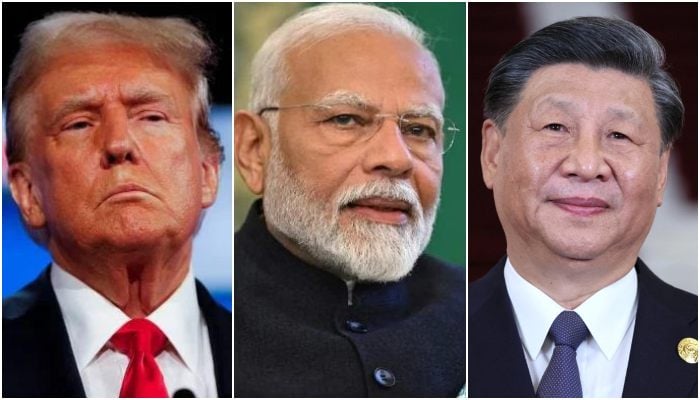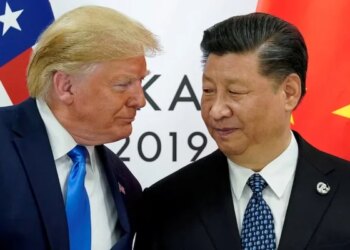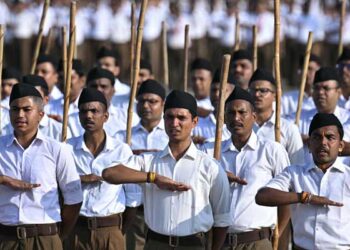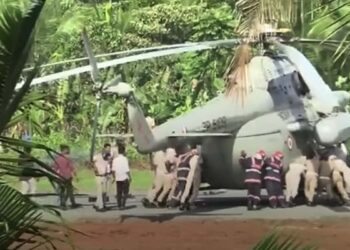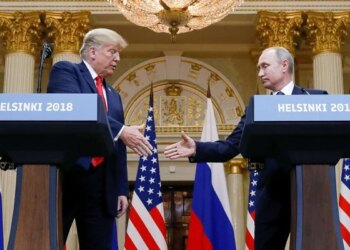Select Language:
Indian Prime Minister Narendra Modi’s diplomatic efforts to engage major world powers have faced setbacks, with attempts to strengthen ties with Chinese President Xi Jinping and U.S. President Donald Trump resulting in political embarrassment and renewed doubts about India’s influence on the global stage, according to The New York Times.
Modi’s initial plan was to foster closeness with Beijing. In 2014, he hosted Xi in Gujarat, sharing a riverside swing in a highly publicized show of friendship. However, even as they engaged, Chinese troops clashed with Indian forces along their disputed border—a confrontation that marked the beginning of multiple clashes requiring India to station tens of thousands of troops in the Himalayas for years.
Later, Modi aimed to improve relations with Washington, betting on the U.S. as a counterbalance to China. He invested heavily in this relationship, even breaking protocol to campaign for Trump’s re-election at a rally in Houston. The Biden administration maintained cordial relations despite this partisan gesture, with Modi telling a joint session of Congress last year that “AI” stood for “America and India.”
That goodwill unraveled during Trump’s second term. The U.S. imposed a 50% tariff on India, criticizing its economy as “dead” and citing New Delhi’s purchase of Russian oil. Additionally, Americans were displeased when Trump treated Pakistan as an equal partner in mediating a ceasefire, a move that India publicly challenged to protect Modi’s image as a strong leader, especially after cross-border hostilities in Pahalgam earlier this year.
These diplomatic setbacks have led India to adopt a strategy of “strategic autonomy,” avoiding deep alliances and instead building a series of inconsistent partnerships. Modi has reopened communication channels with Beijing despite ongoing border tensions and China’s support for Pakistan during recent military escalation. Simultaneously, he has strengthened ties with Moscow, reaffirming India’s “Special and Privileged Strategic Partnership” with Russia and preparing to host President Vladimir Putin later this year.
However, analysts warn that these setbacks have dimmed India’s ambitions. Former Indian ambassador Nirupama Rao said Trump’s tariffs undermined the strategic logic of India’s partnership with the U.S., while Sanjaya Baru, a former adviser to Prime Minister Manmohan Singh, observed that the personal styles of Trump and Modi have turned their relationship into a volatile dynamic driven by egos rather than strategic interests.
Modi has kept his public criticism of Washington subdued, framing his stance as defending “farmers, fishermen, and dairy farmers” and indicating he’s prepared to pay a significant political price for standing firm.

